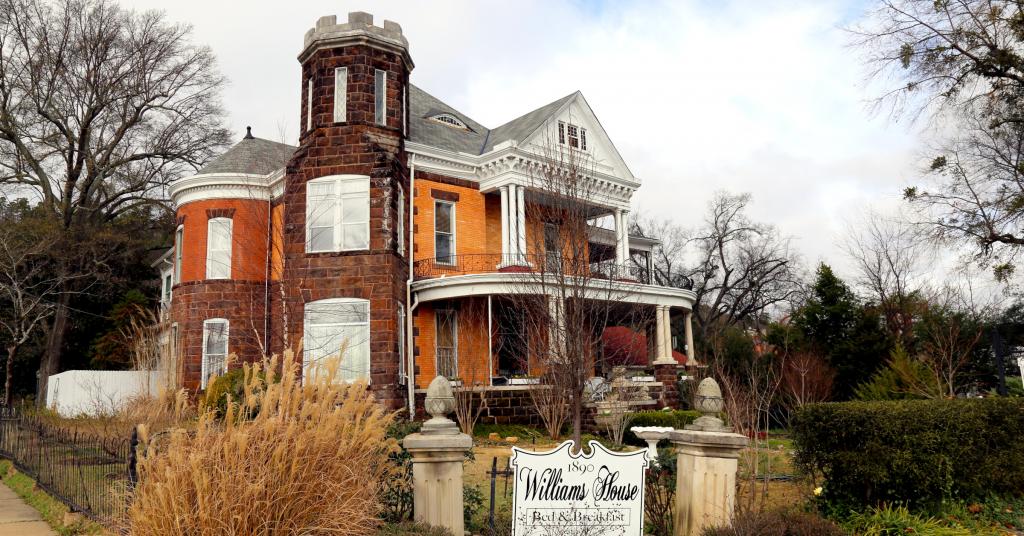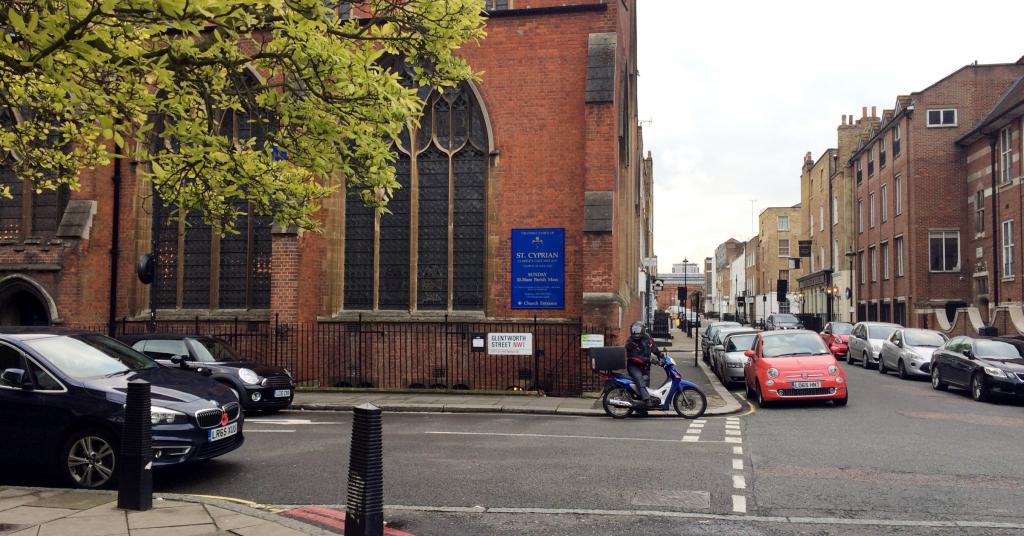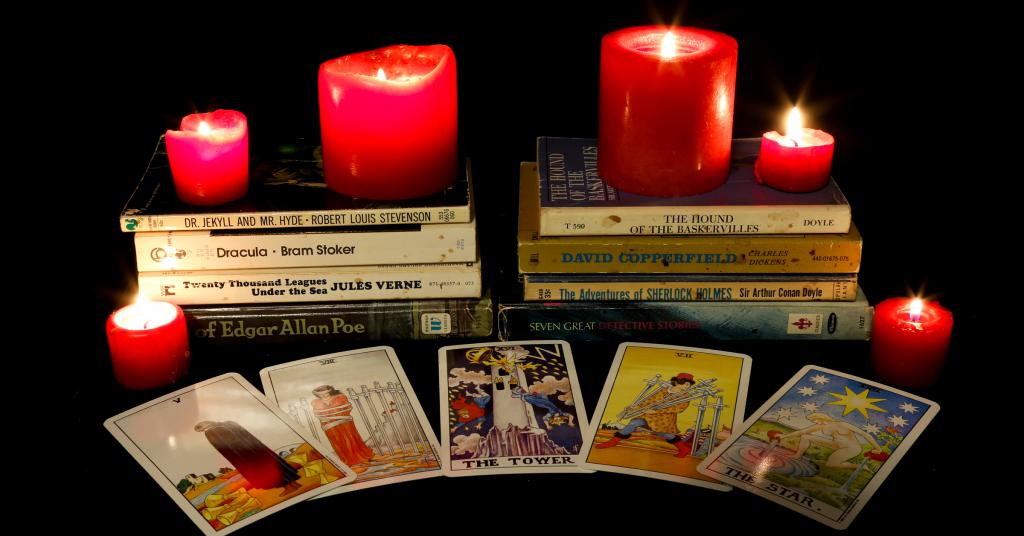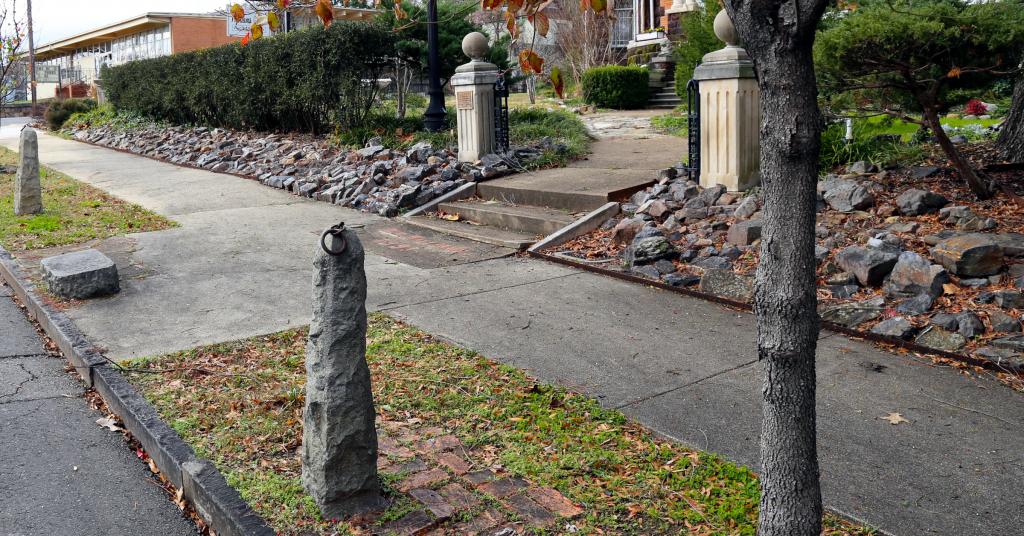It’s a cliché that bad times make for good art. I’ve been wondering when we’ll see the good art from these times for several years. I’m also aware that such things are often only noticed – or at least, appreciated – well after the fact.
And then last Sunday I watched the final episode of The Nevers, the new HBO show set in the late Victorian period. A week or so before I got word that the Netflix show The Irregulars – set in the late Victorian period, that I enjoyed – had been canceled. I’ve been watching Penny Dreadful virtually on a loop over the past year. I finally watched Enola Holmes – it’s good, though considerably lighter in tone than the rest of these. And then an internet search turned up this list of 55 TV shows set in the Victorian era.
Hmmm…
On one hand, me noticing a few TV shows and movies doesn’t make it a trend. And even if it is a trend, that doesn’t necessarily mean it’s a commentary on our times. I remember when you couldn’t change the channel (all three of them) without hitting a Western – that doesn’t mean the 1960s were the Wild West version 2.0.
Further, the Victorian era was a great time for English literature, including the beginnings of modern science fiction and horror. It had authors like Arthur Conan Doyle, Oscar Wilde, Robert Louis Stevenson, Bram Stoker, and Jules Verne (who was French but whose work was translated into English and numerous other languages). There’s a lot of good source material to work with from this era.
However…
Something about this feels right… and not in a good way.
A quote of uncertain origin says that history doesn’t repeat itself, but it often rhymes. I think it’s worth exploring the rhymes I’m hearing.
A word for the historical purists. The Victorian era encompasses the reign of Queen Victoria from 1837 to 1901, a period of 63 years. Victoria was the longest reigning monarch in British history until Elizabeth II passed her in 2015. For the purposes of this essay, I’m talking about the late Victorian period and slightly beyond – from the mid to late 1880s to the early to mid 1900s. We could call this the “Greater Edwardian Era” and perhaps we should. I’ll leave that to the professional historians, as it’s not particularly relevant to our discussions here.
A time of technological transition
Technology has been growing at an ever-increasing rate since the beginning of the Industrial Age 300 years ago or so. But that rate really picked up in the Victorian era.
This was a time of transition: from gas light to electric light, from telegraph to telephone, and from horses to automobiles. Our time has seen the explosion of the internet and all it’s brought, especially smartphones.
No technology is socially neutral. The automobile had a huge impact on how we live, especially in North America. All the fossil fuels we’ve been burning over the last century have changed our climate. We’re only starting to understand the impact of today’s new technology, and we’re still not sure if clean energy can reduce the amount of carbon dioxide in the atmosphere.
This definitely rhymes.
Wealth and income inequality
Most of the movies and TV shows about this time focus on the nobility and other very wealthy families. But those who weren’t rich lived very different lives. One of the complaints I read about The Irregulars was that it didn’t accurately portray the depth of brutality and filth on the streets of London.
In this country, this was the Gilded Age – a time of monopolists and robber barons. The reaction to that led to a progressive movement and things like the Sherman Anti-Trust Act (1890), the Pure Food and Drug Act (1906), and the federal income tax (1913).
The movement toward greater equality reversed beginning with election of Ronald Reagan in 1980. In 2019 the top 10% of families in the United States controlled 76% of the wealth, while the bottom 50% controlled just 1%. The pandemic has made this even worse.
The ultrarich have done a good job convincing the bottom 50% that their problems are caused by immigrants and liberals. Donald Trump was/is a symptom, not the problem. I’m not optimistic as to how this will play out.

A struggle for women’s rights
Many of the Victorian movies and TV shows include elements of the Women’s Suffrage Movement. In most of the West, that movement wasn’t successful until after World War I.
On one hand, women have more opportunities now than ever. The Vice President of the United States and the Speaker of the House are both women. But 100 years after women gained the right to vote in this country, they make up only 27% of US Representatives, 24% of Senators, and 3 of 9 Supreme Court Justices. Women make 82 cents for every dollar men make.
Reproductive rights are under attack to an extent not seen in decades. Texas just passed a “fetal heartbeat” bill that effectively outlaws all abortions – multiple other states have similar laws. It will be overturned as it violates the constitutional protections outlined in Roe v. Wade. But the Supreme Court has agreed to hear an abortion case in its next term, and with three Trump-appointed justices now on the bench, the outlook isn’t good. Even if they don’t overturn Roe v. Wade (and I don’t think they will) they will chip away at it, letting red states continue to take away reproductive rights.
And make no mistake: they’re not just after abortion – they’re also after birth control. The legal reasoning behind Roe v. Wade is grounded in Griswold v. Connecticut (1965), that established the right to privacy and did so in the context of overturning laws that outlawed contraception.
The far right wants more children (mainly more white children) and it wants women restricted to “traditional” roles, in practice if not in law. Will they get it? One thing I’ve learned about the far right is that they’re patient, and they’re willing to take incremental victories.
Suppressed sexuality
If the Victorian era is known for anything, it’s its uptight prudish restrictive views on sex and sexuality. At first listen that hardly seems like a rhyme with our era of LGBTQ Pride, same sex marriage and no-fault divorce, and porn of every description only a click away.
As usual, the battles are being fought on the edges. And trans people are on those edges.
As I write this, a Texas bill that would outlaw gender affirming medical care for trans kids is not yet dead, as is another bill that would charge parents who enable such care with child abuse. Similar bills have already passed in other states. The purpose is clear – to pretend trans people don’t exist and force them to act cis.
President Biden said “your President has your back.” That’s good to hear after four years of non-stop bigotry and harassment from the previous President, but it remains to be seen what he can – and will – do.
As with reproductive rights, the attacks never stop. If the anti-trans laws are upheld, they’ll go back to pushing anti-gay laws. Adoption rights and same sex marriage will be first, then recriminalization of consensual same sex activity.
The goal is total conformity to their religion and morality, and they will stop at nothing to achieve it. They must be defeated in every election, every legislative session, and every court case.
A magical revival
The modern Pagan movement has roots in the religions of antiquity, but it first started taking shape in the late Victorian era. Much of what we do today can be traced back to the Spiritualist Movement of the 19th and early 20th centuries, and especially to the Golden Dawn (1887-1903).
What started then continues today. This is the new Golden Age of magic and Paganism (which aren’t the same things, but there’s considerable overlap). There are more books available (both ancient and new), more information, and more practitioners. Whatever religion calls to you, whatever your preferred form of magic, someone somewhere is practicing it and can help get you started.
And that’s a good thing, because we need all the magical help we can get to make it through these times.
The roots of World War I
The late Victorian period is generally considered the peak of the British Empire. Like all empires eventually do, they overextended themselves. What didn’t crumble in the aftermath of World War I mostly fell after World War II. The center of power moved from London to Washington, but the Anglo-American empire is still very much in decline.
In Sherlock Holmes: A Game of Shadows (2011) Professor Moriarty attempts to start a war so he can sell munitions to both sides. This is not historically accurate. Rich industrialists did not cause World War I, although they certainly profited from it. The true causes are many and complex. At the top of the list are the attempt by the great powers to maintain and expand their empires, and especially the oppression of ethnic minorities within those empires.
Europe around this time has been described as a powder keg. The assassination of Austrian Archduke Franz Ferdinand was simply the spark that set off the explosion.
There are numerous powder kegs in this country and around the world. We saw a huge one last year after the murder of George Floyd. We saw another one of a very different nature on January 6. There’s a far more deadly powder keg in Palestine right now.
Are any of these enough to start a world war? Probably not, but sit on a powder keg long enough and eventually someone will set it off.

A mundane response to Tower Time
As I began working on this post, it struck me that the writers, directors, and others responsible for making all these movies and TV shows set in the Victorian era are seeing much the same things many of us are seeing. Only they’re not listening to the Morrigan and they’re not dealing with the Fair Folk (thought I’m not sure about Fair Folk, given the level of fae propaganda I see in entertainment), so they don’t have our context for interpreting it.
What we see as Tower Time they see as the Victorian era repeating itself. They’re not wrong.
So, what do we do?
Earlier this year I taught an on-line class on Navigating Tower Time – Magic for an Era of Change. The class is on-demand – it’s still available if you want to take it. It focuses on seeing things as they really are, figuring out the approach you want to take, and then developing both a magical and a mundane plan to accomplish your goals.
I don’t have a better alternative. There’s a mid-term election next year with huge consequences. Most of the trouble is being created at the state level – the more we can do to keep the Neo-Victorians out of office the better.
But while participating in the political process is necessary, it’s not enough. Politics won’t save you.
That’s up to you and your allies, both in this world and between the worlds.
Good luck.



















